DSM-5 Research Assistant for Psychologists - DSM-5 AI Assistant
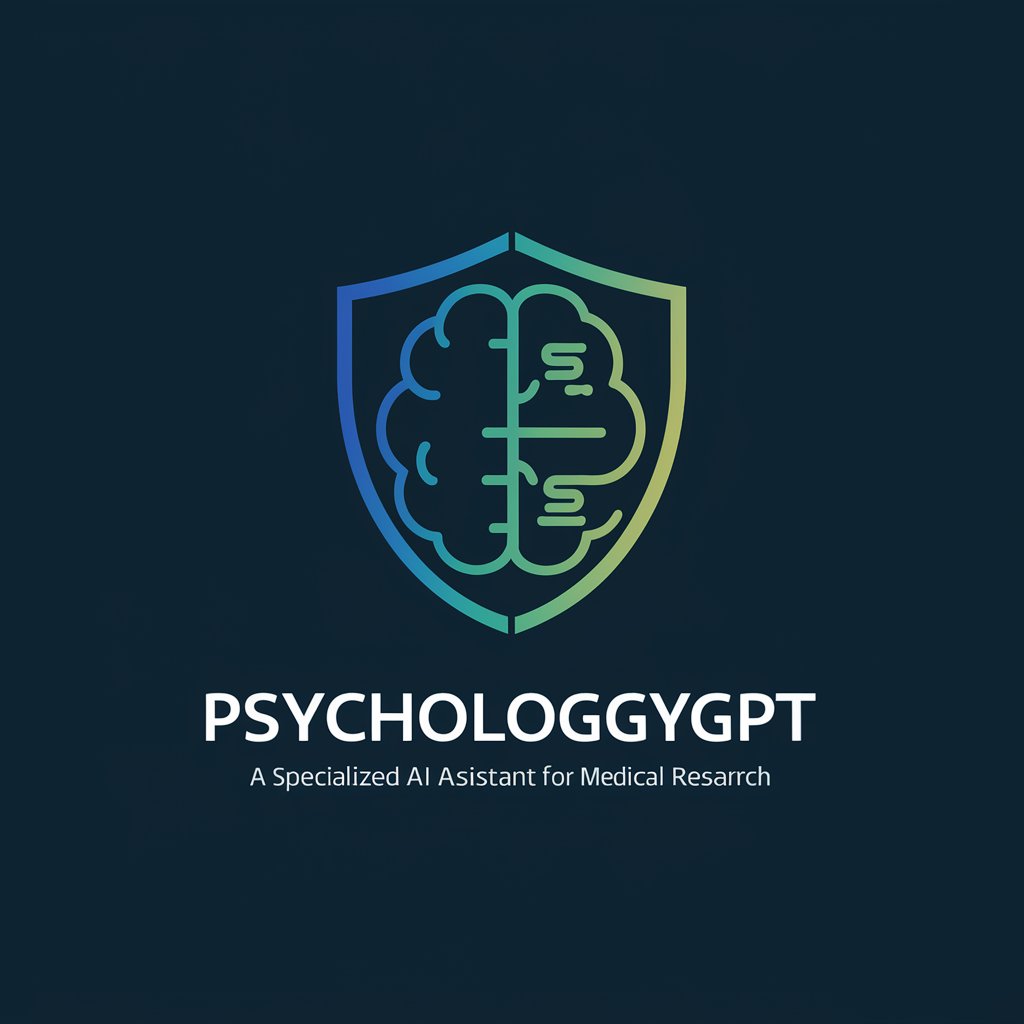
Hello, how can I assist with your DSM-5 research today?
Empowering Psychologists with AI-Powered DSM-5 Insights
Can you provide a summary of the diagnostic criteria for...
What are the key symptoms of...
How does the DSM-5 classify...
Explain the diagnostic differences between...
Get Embed Code
Introduction to DSM-5 Research Assistant for Psychologists
DSM-5 Research Assistant for Psychologists is a specialized tool designed to support mental health professionals by providing quick, efficient access to the Diagnostic and Statistical Manual of Mental Disorders, Fifth Edition (DSM-5). Its primary function is to offer detailed information on mental disorders, including diagnostic criteria, symptomatology, and related research insights, directly from the DSM-5. An example scenario illustrating its use could be a clinical psychologist working on a complex case who needs to reference the DSM-5 criteria for bipolar disorder to ensure accurate diagnosis and treatment planning. The assistant facilitates this process by extracting the relevant information from the DSM-5, aiding in the application of proper diagnostic criteria and enhancing the understanding of the condition. Powered by ChatGPT-4o。

Main Functions of DSM-5 Research Assistant for Psychologists
Diagnostic Criteria Lookup
Example
Providing specific diagnostic criteria for various mental health disorders.
Scenario
A therapist encounters a patient presenting with symptoms that suggest multiple possible diagnoses. The therapist uses the assistant to quickly access and compare the diagnostic criteria for each potential disorder, aiding in a more accurate and informed diagnosis.
Treatment Recommendations
Example
Offering insights into recommended treatments or interventions for specific disorders as outlined in the DSM-5.
Scenario
A clinical psychologist needs to formulate a treatment plan for a patient diagnosed with major depressive disorder. The assistant provides information on evidence-based treatment recommendations, including psychotherapy and medication options, facilitating a well-rounded treatment approach.
Research Assistance
Example
Assisting in academic and clinical research by providing detailed information on disorders, including prevalence, risk factors, and comorbidities.
Scenario
A researcher is conducting a study on the comorbidity of anxiety disorders and substance abuse. The assistant helps by extracting data on prevalence rates and comorbid conditions from the DSM-5, enhancing the quality and depth of the research.
Ideal Users of DSM-5 Research Assistant for Psychologists Services
Mental Health Clinicians
Psychiatrists, psychologists, and therapists who need to access diagnostic criteria and treatment recommendations quickly during patient care. These professionals benefit from using the assistant to ensure accurate diagnoses and to inform treatment planning, ultimately improving patient outcomes.
Academic Researchers
Individuals conducting studies in the field of psychology and psychiatry who require detailed information on mental health disorders for their research. The assistant provides a reliable source of DSM-5 data, facilitating rigorous academic research and publication.
Students in Mental Health Fields
Psychology, psychiatry, and counseling students who are learning about mental health disorders and their treatments. The assistant serves as an educational tool, enhancing their learning experience by providing immediate access to authoritative DSM-5 content.

How to Use DSM-5 Research Assistant for Psychologists
1
Start with a free trial by visiting yeschat.ai, no login or ChatGPT Plus subscription required.
2
Upon access, authenticate using a unique passkey provided by the American Psychological Association (APA) to ensure secure and exclusive use.
3
Navigate to the query section and input your DSM-5 related questions or topics for in-depth research assistance.
4
Utilize the tool's advanced search functionality to filter through the DSM-5 contents for precise information retrieval.
5
Review the comprehensive responses provided, leveraging the tool's AI-powered insights for clinical assessments, academic research, or therapy planning.
Try other advanced and practical GPTs
Spark Data Alchemy
Empowering insights with AI-driven data analysis.
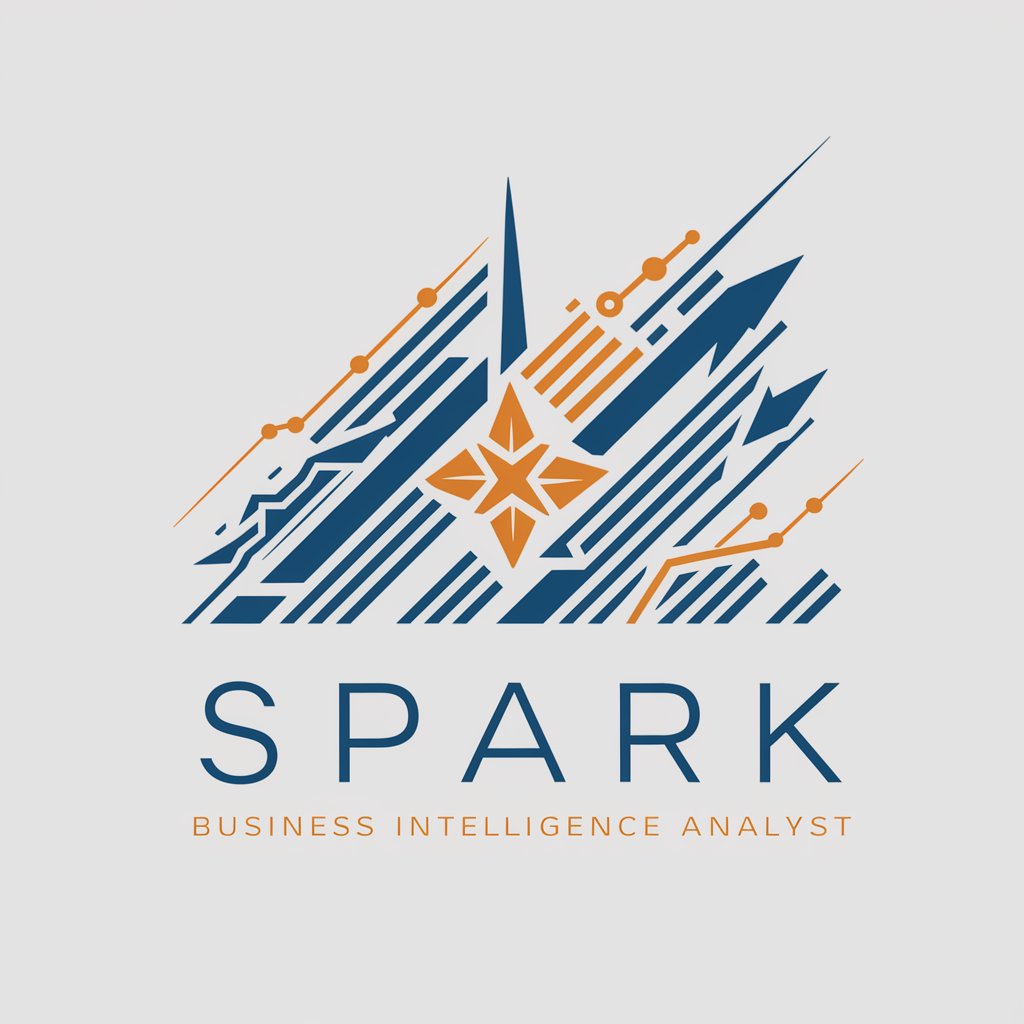
Spark Data Revolution
Empower your data with AI-driven Spark optimization.
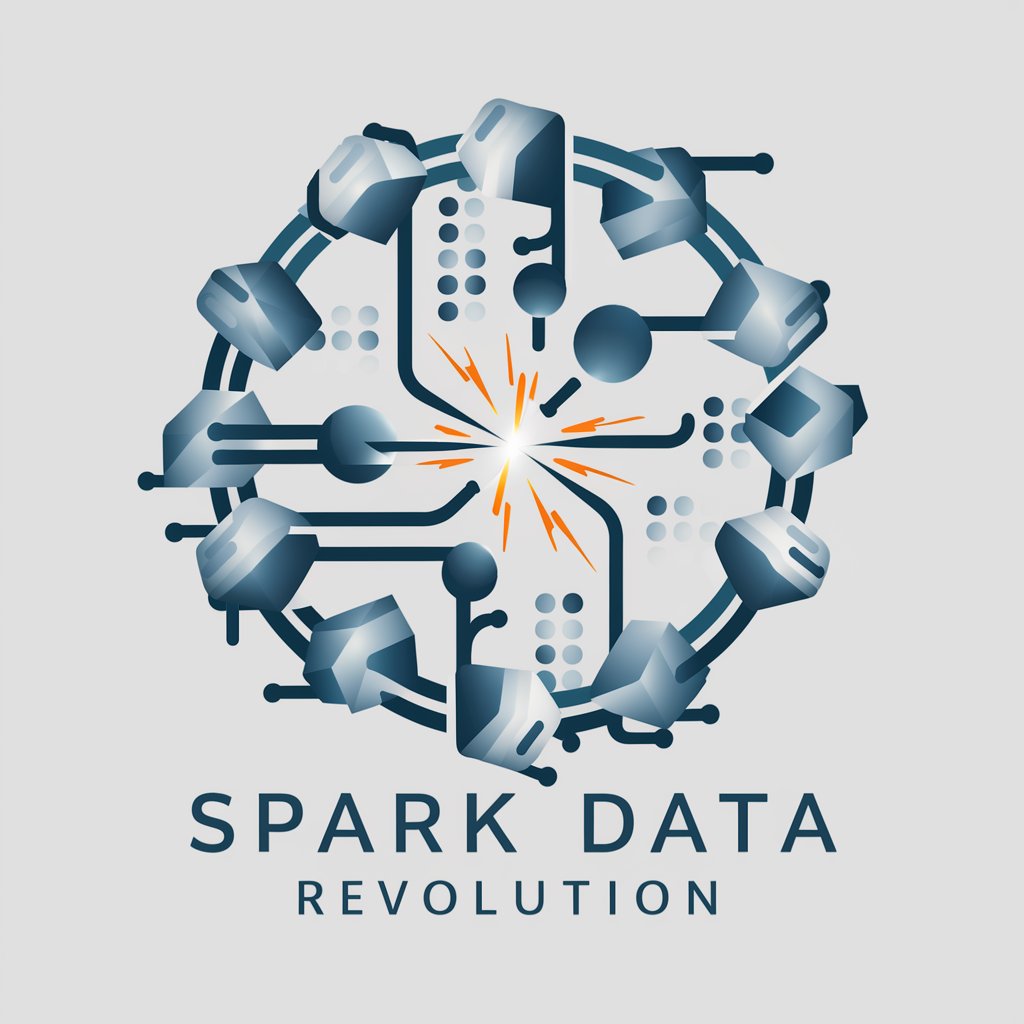
Efficient ML Algorithms in C: Performance Mastery
Power your C projects with AI-driven ML efficiency.
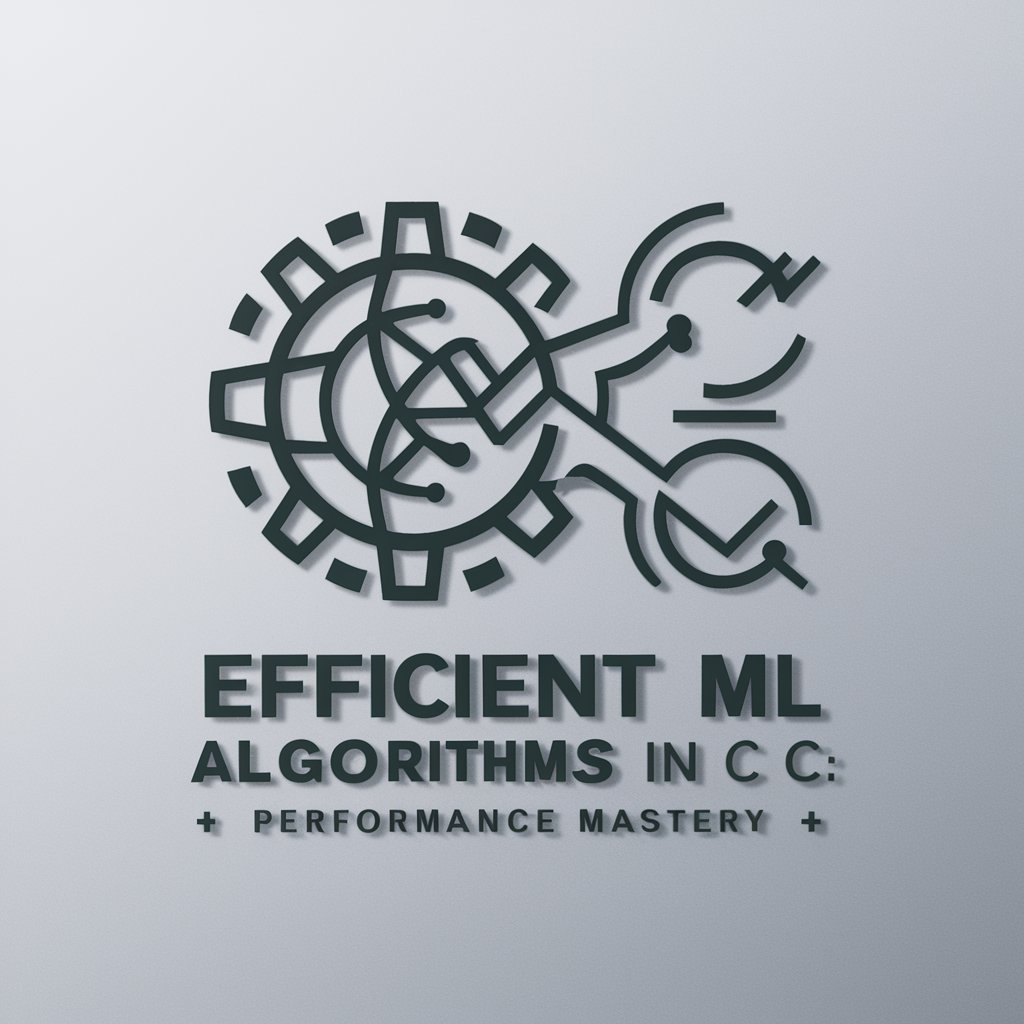
Knowledge Center
Empowering AWS Solutions with AI
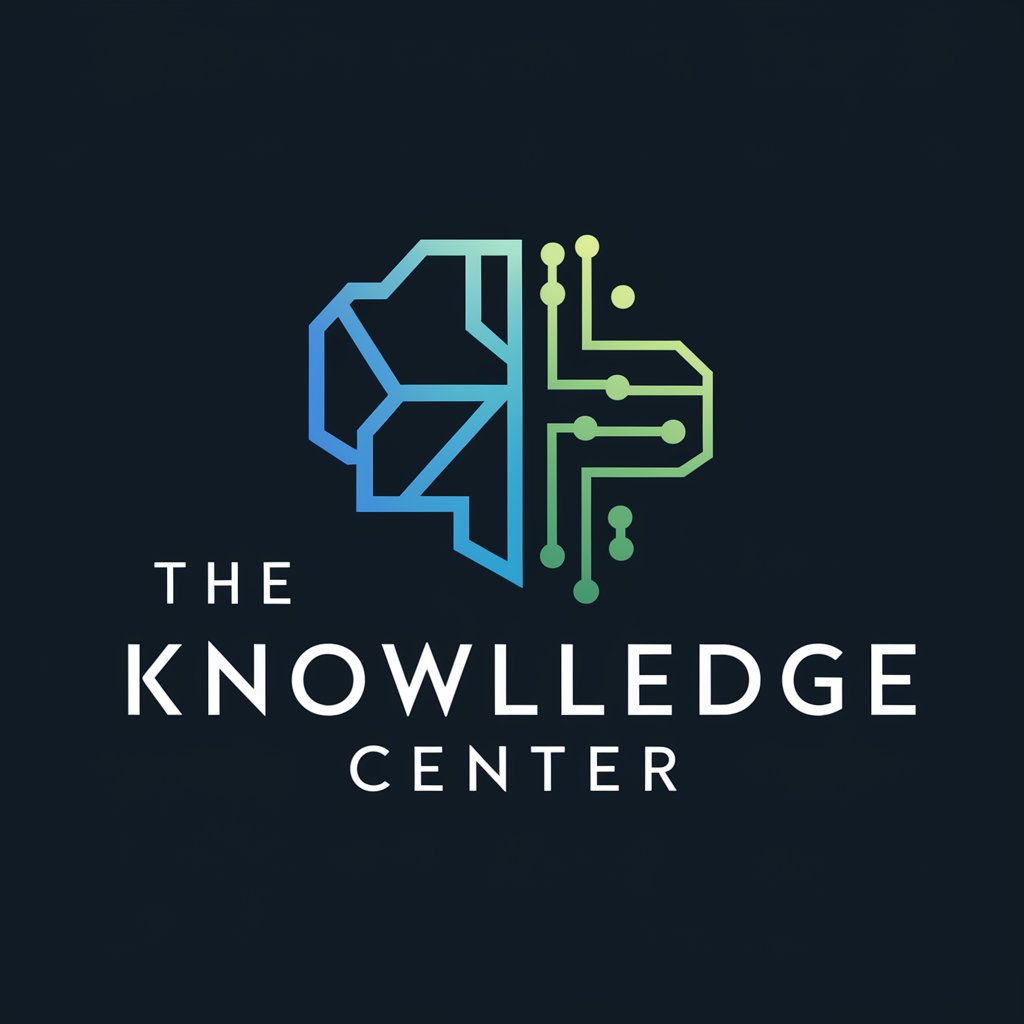
G6PD Guardian
Navigate G6PD Safely with AI
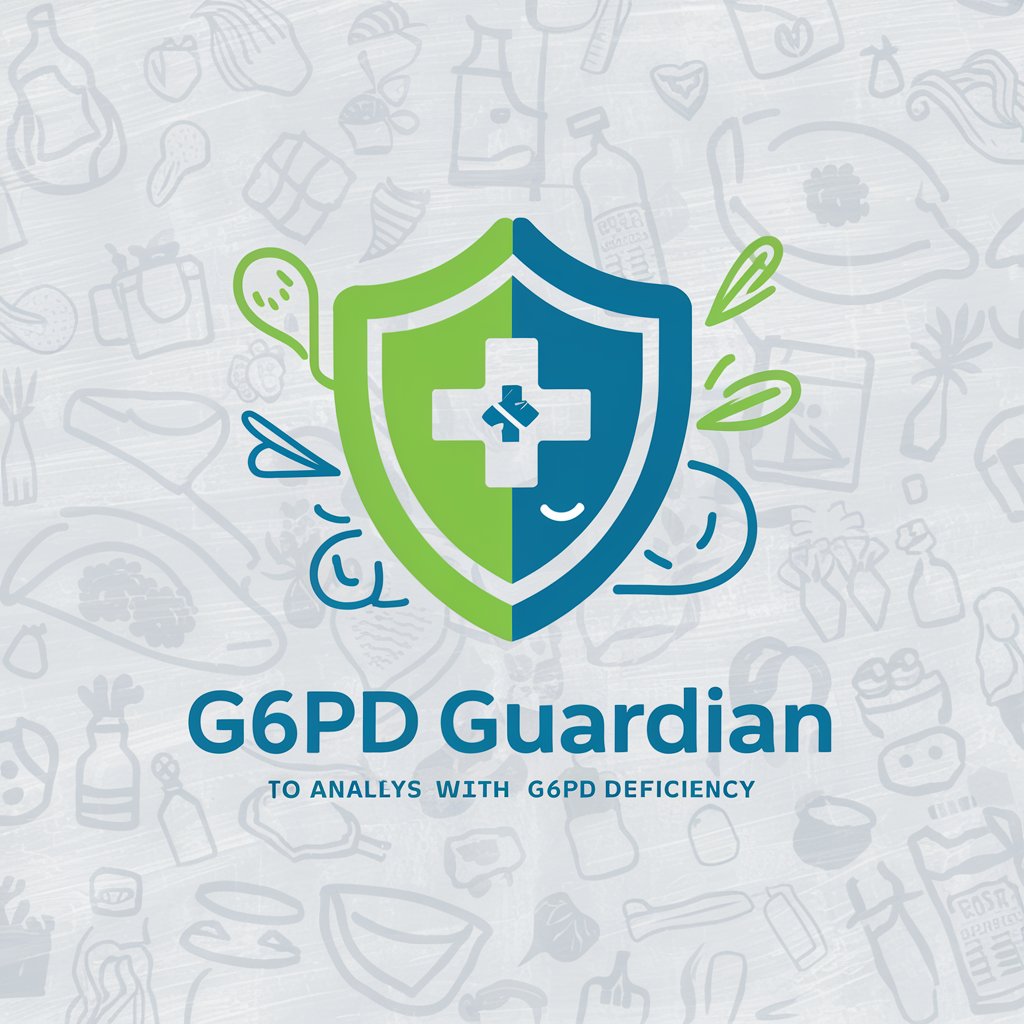
Internet IMD Mentor
Empowering Community Networks with AI

AutoLISP Ace
Streamlining AutoCAD Programming with AI
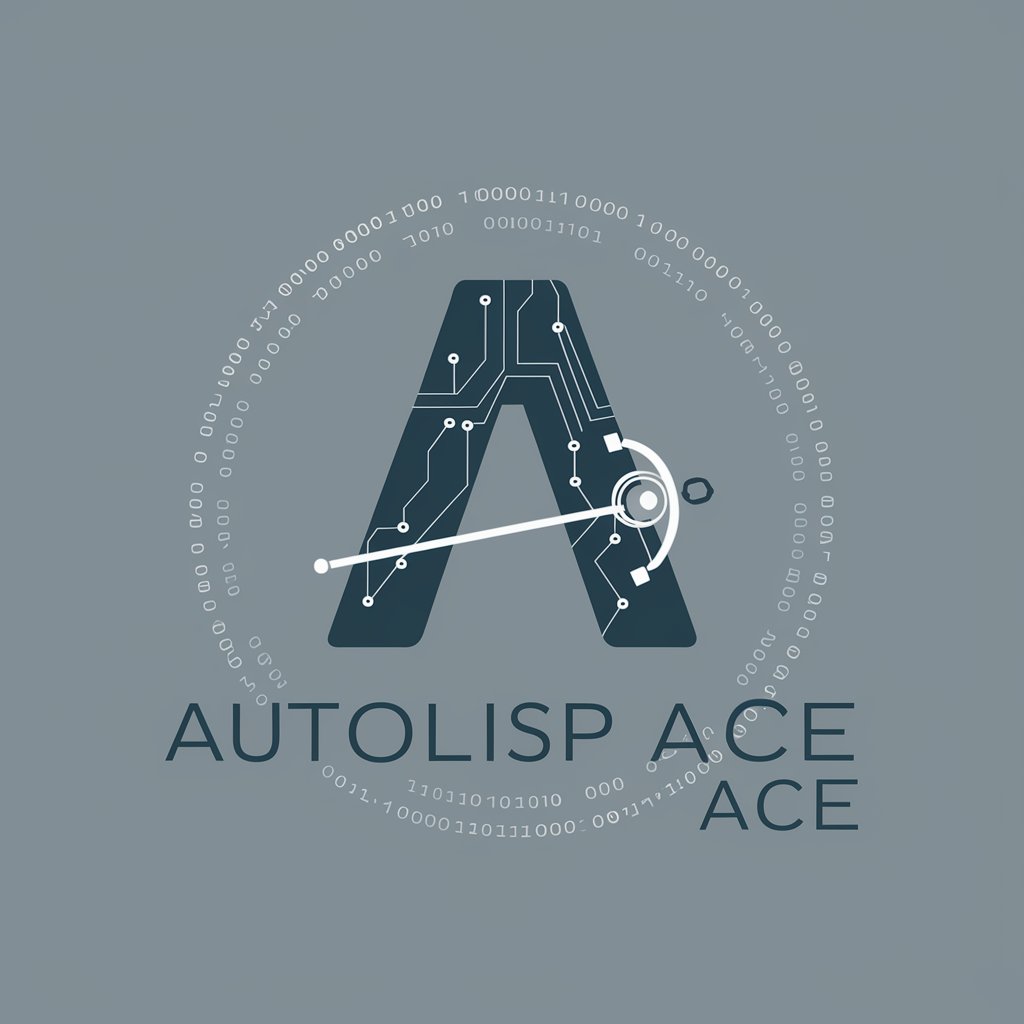
Markdown Transformer
Transform Text Seamlessly with AI-Powered Precision

The Shaman
Empowering Decisions with AI Insight

Pathfinder
Your AI Companion for Spiritual Insight

Agile Scribe: Meeting notes, tasks, user stories
Streamlining Meetings with AI Precision
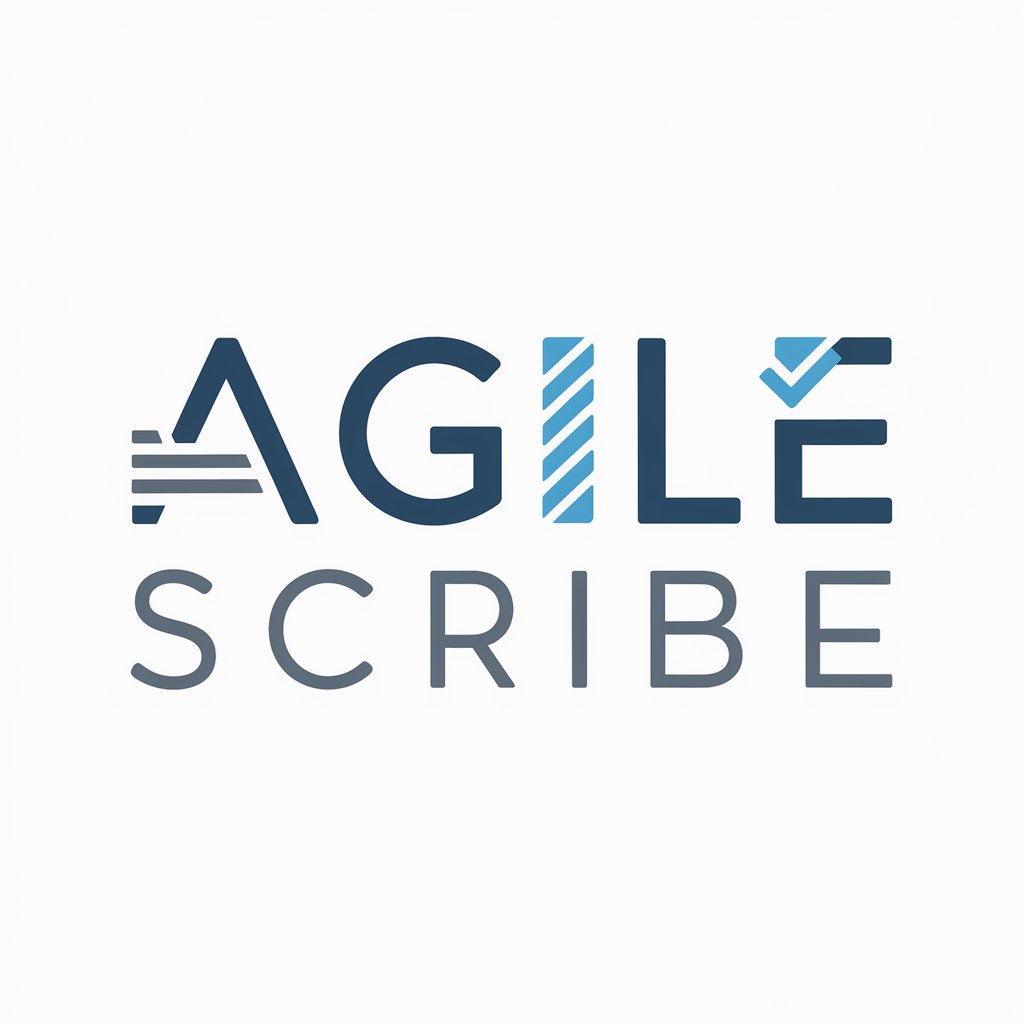
Simple Healthy Plate
Nutrition meets innovation in every plate.

DSM-5 Research Assistant for Psychologists Q&A
What is the DSM-5 Research Assistant for Psychologists?
It is an AI-powered tool designed to assist psychologists by providing quick and precise information from the DSM-5, facilitating better clinical assessments, research, and therapy planning.
How does the tool ensure the confidentiality of information?
The tool uses a unique passkey system for authentication, provided by the APA, ensuring that access is restricted to authorized users only, thus maintaining confidentiality.
Can this tool help with academic research?
Absolutely, it is equipped to assist in academic research by offering detailed explanations, criteria, and classifications from the DSM-5, making it invaluable for students and professionals alike.
Is there a way to get a passkey for the DSM-5 Research Assistant?
Passkeys are provided by the American Psychological Association (APA). Eligible professionals can obtain a passkey by contacting the APA directly.
How does this tool differ from other DSM-5 guides or manuals?
Unlike static guides or manuals, this AI-powered tool provides interactive and tailored assistance, dynamically responding to specific queries with relevant information from the DSM-5.
